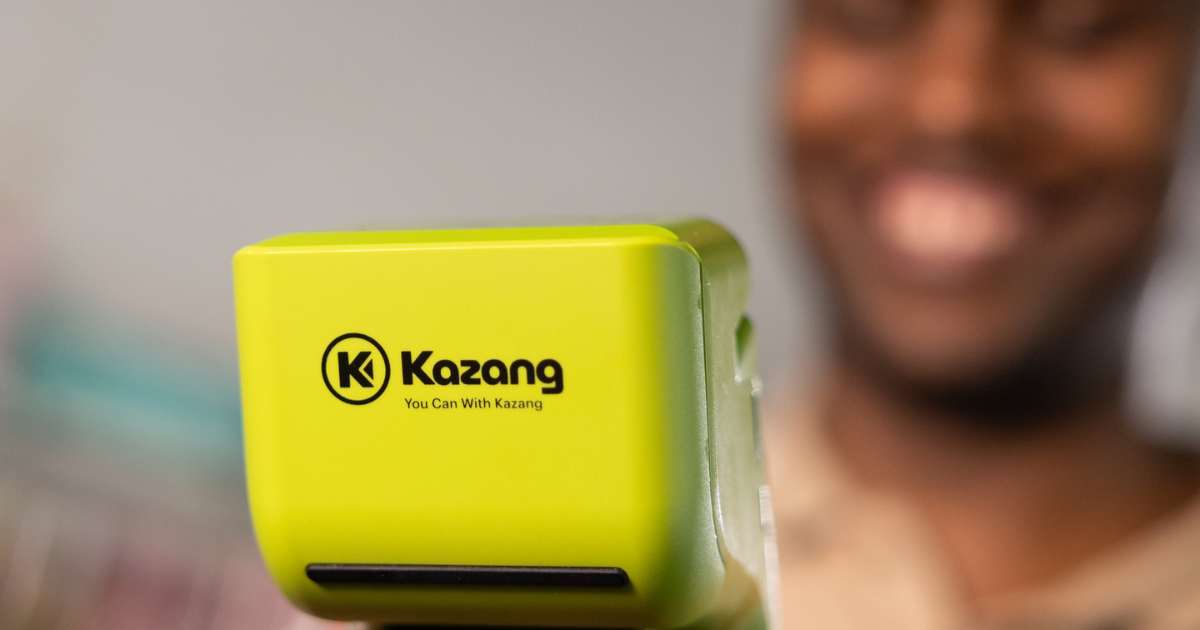
When it comes to planning your small business taxes, you will need to take VAT into consideration. Small business VAT is mandatory for some businesses, although you can also apply for it voluntarily. Registering for VAT comes with its benefits, but it also means adding to your prices and filing extra returns.
We’ll cover everything you need to know about small business VAT in our guide below, including when you need to pay it and how it affects your business.
Can a Small Business Register for VAT?
Any business can register for VAT. In fact, all businesses must register for VAT if they earn an income of R1 million over twelve months. If the small business expects to earn this much revenue in a year, it is mandatory to register for VAT.
Small business VAT registration can also be done voluntarily if the business earns an income of over R50 000 in the past twelve-month period.
Registered micro businesses under the Sixth Schedule of the Income Tax Act are also able to register for VAT.
So it is possible for most small businesses to register for VAT and submit returns every four months, although it is not a necessary requirement for all small businesses.
Who Must Register for VAT in South Africa?
Small business VAT registration is only necessary for businesses that earn or expect to earn a revenue of R1 million over twelve months. While it is possible for other small businesses to register for VAT, it is not mandatory if their income falls below this.
Can a Sole Proprietor Register for VAT in South Africa?
Yes, sole proprietors are required to register for VAT in South Africa if their business falls under the requirements. Small business VAT registration is not based on the structure of the business, but rather on the business’s income.
See Also: Your Guide to Tax Invoice Requirements
How Does VAT Work for Small Businesses in South Africa?
If your small business is required to or has chosen to, register for VAT, you will need to submit VAT returns and payments every four months. These returns are due on the last days of June, October, and February.
When your small business is registered as a VAT vendor, you will need to charge VAT on all of the goods and services you sell to your customers. Although, certain goods are zero-rated, or exempt from VAT. The VAT charge, or output tax, is 15% of your goods and services sale price.
This means if you are a VAT vendor, your products or services will be more expensive for your customers. However, it also means that your business is entitled to claim input tax on all of the goods or services rendered by the business. Essentially, by claiming back this input tax from SARS, you can reduce the cost of any goods purchased or services rendered.
So small business VAT has a big advantage because non-registered VAT vendors cannot claim back these taxes or charge VAT.
What are the 3 Types of VAT?
There are three different categories of supplies that VAT vendors can make. These are:
- Standard-rated: Standard goods or services in which VAT is levied at a rate of 15%
- Zero-rated: Supplies of goods or services on which the output VAT is levied at a rate of 0%. Any input VAT incurred while purchasing the goods or services needed for zero-rated supplies can be claimed against output VAT that needs to be paid to SARS
- Exempt: Output tax cannot be levied on these supplies, and input VAT incurred on these expenses cannot be claimed against output VAT
What Documents are Needed to Register for VAT?
To register for small business VAT, you will need to supply the following documents:
- Copy of your business’s certificate of incorporation
- Copy of your trust deed and authority letter
- Copy of your original ID
- 3 months bank statements
- A letter from your banker, or an original stamped statement from the bank
- Your latest month’s invoices to be used as proof of trading
- Proof of your business address (Municipal account or rental agreement)
Conclusion
There’s a lot to consider when registering a small business in South Africa, including registering it for VAT. Small business VAT can be compulsory or voluntary. If planned carefully, it could offer a major cost-saving benefit to your business.
It’s important to understand VAT requirements and how exactly VAT works before you start trading. This is necessary for keeping your business on track with tax and operating efficiently.






